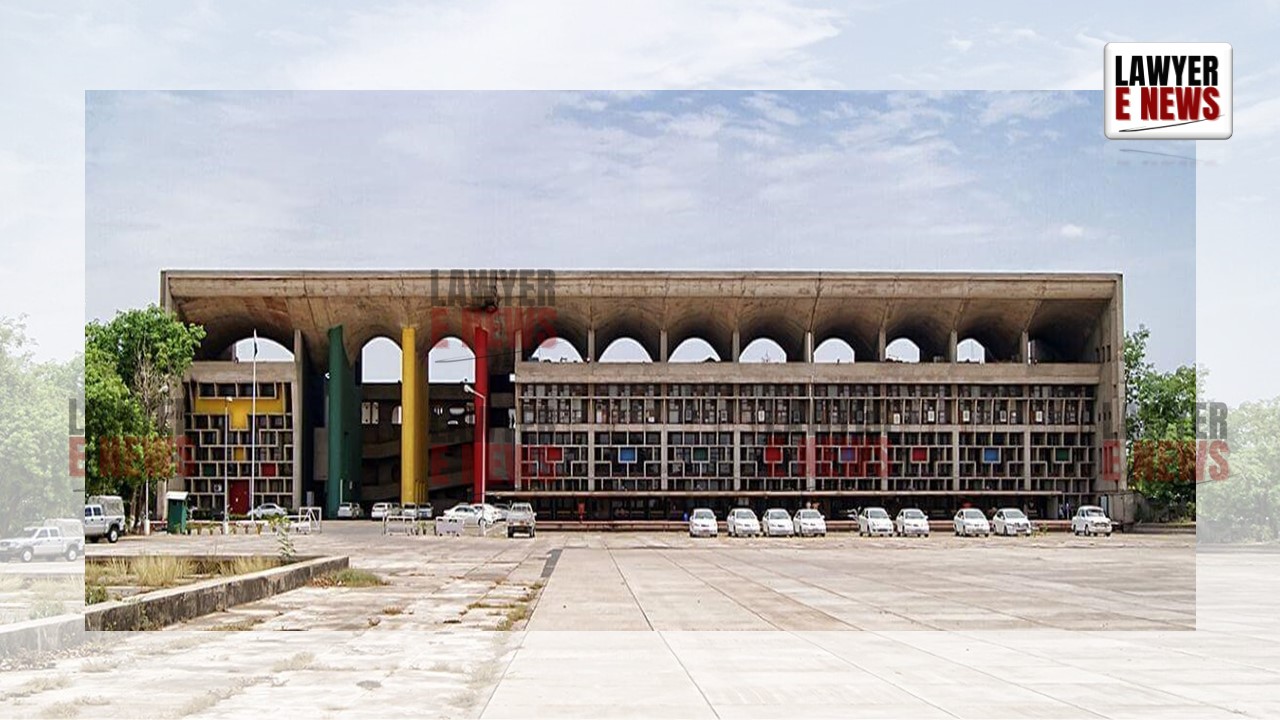-
by Admin
15 February 2026 5:35 AM



Punjab and Haryana High Court in Jagtar Singh v. Punjab State Land Development and Reclamation Corporation dismissed a petition challenging the petitioner’s compulsory retirement following misconduct allegations. The court ruled that the petitioner’s dismissal, later reduced to compulsory retirement, was based on a proper inquiry, and judicial review could not interfere with the findings of fact made by the disciplinary authority.
Jagtar Singh, a bulldozer operator employed by the Punjab State Land Development and Reclamation Corporation, was dismissed in 1992 following multiple charges, including misbehavior and absenteeism. After an appeal, his dismissal was converted into compulsory retirement by the Board of Directors, effective September 30, 1992.
The petitioner approached the High Court seeking quashing of the retirement order and claiming unpaid retiral benefits. The respondent corporation argued that the disciplinary proceedings were fair and that the petitioner had already received all admissible dues, including subsistence allowance for the suspension period.
Disciplinary Findings: The court found that the departmental inquiry, which led to the petitioner’s dismissal, was conducted properly, with the petitioner being found guilty of serious misconduct, including misbehaving with interview committee members. The appellate authority, taking a lenient view, converted the dismissal into compulsory retirement.
Scope of Judicial Review: Justice Namit Kumar emphasized that the court’s power under Article 226 of the Constitution is limited to examining procedural fairness and whether natural justice principles were followed. The court cannot re-evaluate the evidence or reassess findings made in the disciplinary inquiry.
No Interference in Departmental Proceedings: Referring to established Supreme Court precedents, the court stated that interference is only justified if there is a procedural lapse or the findings are perverse, which was not the case here.
The High Court dismissed the petition, noting that all due payments had already been made to the petitioner as of September 18, 2024. The petitioner’s request for reinstatement and additional benefits was found to lack merit.
This decision reiterates that courts do not act as appellate bodies over departmental inquiries, and their role in judicial review is limited to ensuring procedural propriety.
Date of Decision: October 1, 2024
Jagtar Singh v. Punjab State Land Development and Reclamation Corporation.
